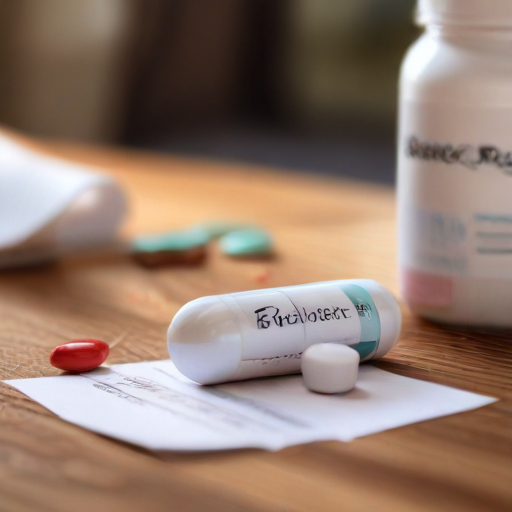A recent report from the House Committee on Oversight and Accountability has raised concerns about the practices of pharmacy benefit managers (PBMs), suggesting they are directing patients toward more costly medications while restricting their pharmacy options. This report comes after a comprehensive 32-month investigation and precedes a significant hearing involving major PBM executives.
PBMs play a crucial role in overseeing prescription drug plans for health insurers, negotiating prices with pharmaceutical companies and determining patient out-of-pocket costs. The three largest PBMs in the U.S.—Express Scripts, OptumRx from UnitedHealth Group, and Caremark from CVS Health—control about 80% of the prescription market.
The report highlights troubling findings, particularly that PBMs often favor higher-priced brand-name drugs over more affordable alternatives. A case in point involves Cigna staff discouraging the use of a lower-cost biosimilar for the arthritis drug Humira, which has a staggering annual price of $90,000. It was discovered that an equivalent biosimilar treatment was available for just half that price.
Additionally, the committee pointed out that Express Scripts has misled patients by stating they would incur higher costs if they chose to fill prescriptions at their local pharmacy, as opposed to their affiliated mail-order service. This practice effectively limits patient choice regarding where they can receive their medications.
The findings echo concerns raised in a recent Federal Trade Commission (FTC) report, which indicates that the largest six PBMs control nearly 95% of U.S. prescriptions. The FTC warned that this consolidation gives PBMs excessive influence over the accessibility and affordability of medications, creating conflicts of interest that disadvantage independent pharmacies and inflate drug prices for consumers.
FTC Chair Lina M. Khan noted that these middlemen’s actions could lead to overcharging, particularly for drugs used in cancer treatment, generating over $1 billion in additional revenue for the PBMs.
While this issue may appear daunting, it is important to recognize that public scrutiny and legislative attention to these practices could lead to significant reforms. Increased awareness among consumers and policymakers may ultimately foster a healthcare environment that prioritizes patient access to affordable medications, ensuring choices are made in the best interest of those who depend on these essential drugs.
In summary, the ongoing examination of PBM practices represents an important step toward accountability in the healthcare system, potentially paving the way for changes that could benefit patients in the long run.
